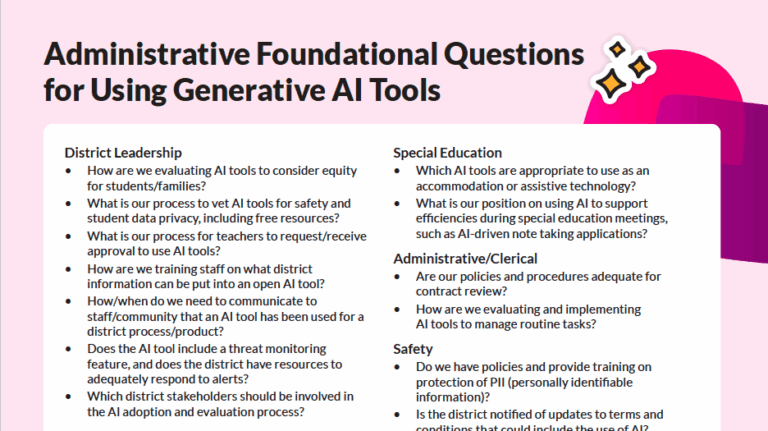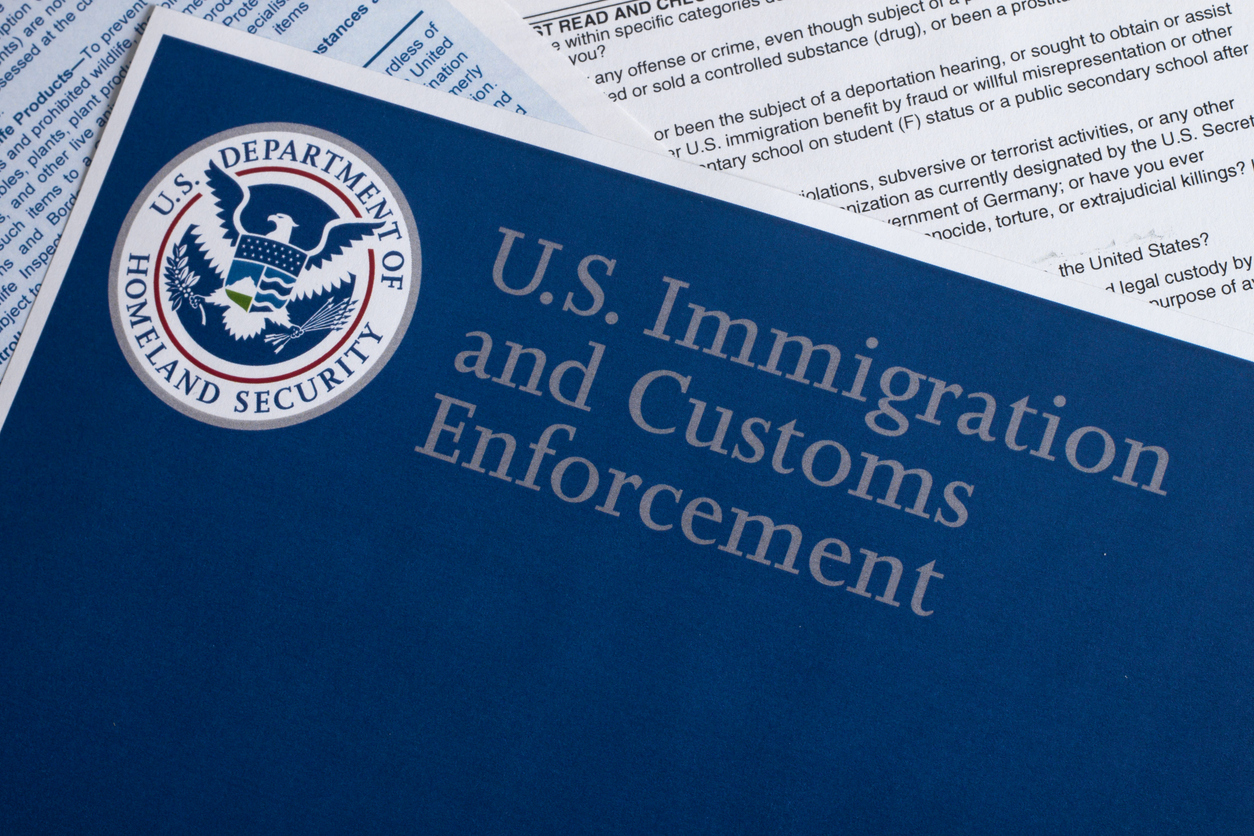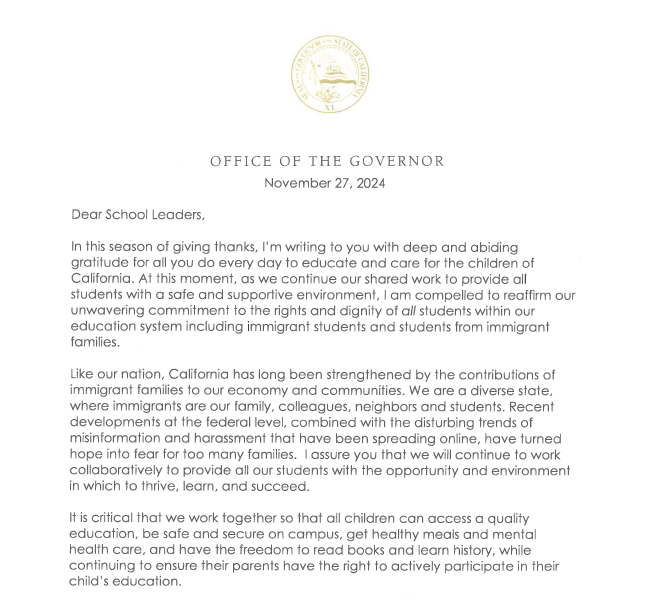This resource is provided by ACSA Partner4Purpose Lozano Smith.
A California appellate court has published a decision affirming that charter schools must obtain separate approvals for new initial petitions, charter renewals, and material revisions to charter school petitions. In Today’s Fresh Start Charter School v. Inglewood Unified School District, et al. (Feb. 7, 2018, Case No. B280986) ___ Cal.App.5th ___, the Second District Court of Appeal issued a published decision, concluding that:
- Charter schools may not use a renewal petition to add a charter school location not previously authorized by its initial petition; and
- A material revision to a charter school’s initial petition is not deemed approved by combining with a renewal petition that became authorized by the chartering authority’s failure to act on the renewal petition within the statutory 60-day limit.
Lozano Smith’s litigation team of Erin M. Hamor, Megan Macy, and Sloan R. Simmons supported the California School Boards Association’s Education Legal Alliance by filing an amicus curiae brief in support of the Inglewood Unified School District.
Background
Today’s Fresh Start Charter School submitted a renewal petition to its authorizer, the Inglewood Unified School District-entitled “Renewal Petition and Material Revision”-seeking renewal of its existing charter and proposing to add a new charter school facility outside the boundaries of the district. When the district failed to act on the renewal petition within the statutory 60-day limit, the charter school argued that both the renewal petition and the material revision to approve the new location had been approved by operation of law. The Court of Appeal rejected the charter school’s argument and fully affirmed the judgment of the trial court.
Throughout the opinion, the court highlighted the three distinct categories where a charter school must seek approval of its chartering school district: (1) initial petitions for establishment of a charter school; (2) petitions to renew an existing charter; and (3) petitions for approval of a material revision to an existing charter. The court emphasized that each type of petition is governed by a separate set of requirements and timelines. As a result, when a charter school location has not previously been approved under an initial petition, the material revision process is the appropriate mechanism to add the new location.
Takeaways
This case is important for charter school authorizers because it re-emphasizes that the three separate categories of charter school petitions-initial approval, renewal, and approval of a material revision-should be treated separately according to their distinct processes, even if presented in a combined petition.
This decision also makes clear that charter schools may not use renewal petitions to circumvent geographic location requirements of the Charter Schools Act-a practice some charter authorizers report has been on the rise.
For more information about this case or about charter schools in general, please contact the authors of this Client News brief or an attorney at one of Lozano Smith’s eight offices.































